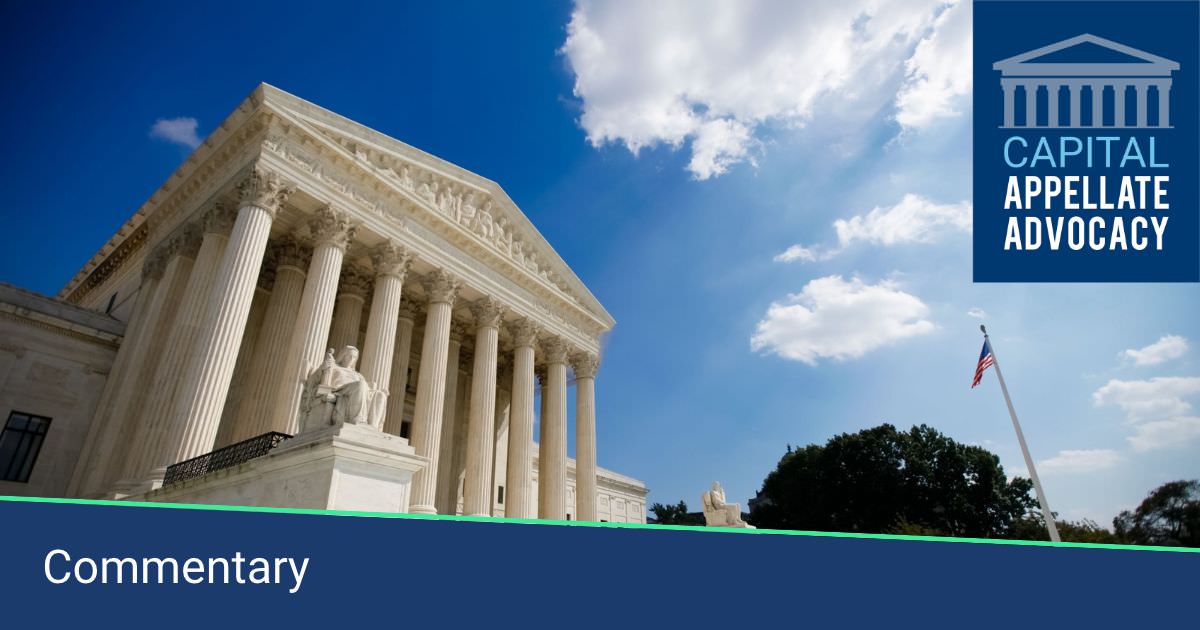According to Webster’s, a “switcheroo” is “an unexpected reversal or change.” When a federal department or agency pulls a switcheroo on the public or an industry by abruptly reversing a long-held interpretation of a key statutory phrase, there can be serious economic or other consequences for those who are affected. In an opinion issued on June 20, the Supreme Court indicated that “[a]gencies are free to change their existing policies as long as they provide a reasoned explanation for the change.” Encino Motorcars, LLC v. Navarro, No. 15-415, slip op. at 9. But courts are not required to give deference to an agency’s changed regulatory interpretation where, as in the case of the Labor Department’s 2011 switcheroo regarding whether automobile dealership service advisors are exempt from statutory overtime pay requirements, “the Department offered barely any explanation” for its reversal of position. Id. at 10. The Court indicated that “[a] summary discussion may suffice in other circumstances, but here—in particular because of decades of industry reliance on the Department’s prior policy—the explanation fell short of the agency’s duty to explain why it deemed it necessary to overrule its previous position.” Ibid.
As I discussed two years ago in a Washington Legal Foundation publication, the federal Administrative Procedure Act’s notice-and-comment rulemaking procedures, 5 U.S.C. § 553, afford businesses and the public additional protection against federal agencies’ unannounced, politically expedient, regulatory switcheroos. See D.C. Circuit Shuts Down Another Federal Regulatory “Switcheroo.” More specifically, where a final rule (i.e., regulation) is not the “logical outgrowth” of a proposed rule, interested parties and the public must be provided with advance notice of the change, and an opportunity to comment on the change, before the final rule is promulgated.
In Encino Motorcars, the Supreme Court remanded the case to the Ninth Circuit for further consideration of the statutory exemption provision at issue “without placing controlling weight on the Department’s 2011 regulation.” Slip op. at 12; but see id. at 1 (Thomas, J., dissenting) (criticizing the six-Justice majority for “its ultimate decision to punt on the issue before it”). Consistent with the Administrative Procedure Act, the Ninth Circuit, on remand, also may want to punt by vacating and remanding the regulation so that the Labor Department can solicit and consider industry and public comment before deciding whether to issue a final rule reversing its long-held statutory interpretation, and if so, to provide “a reasoned explanation for the change.” Slip op. at 9.

